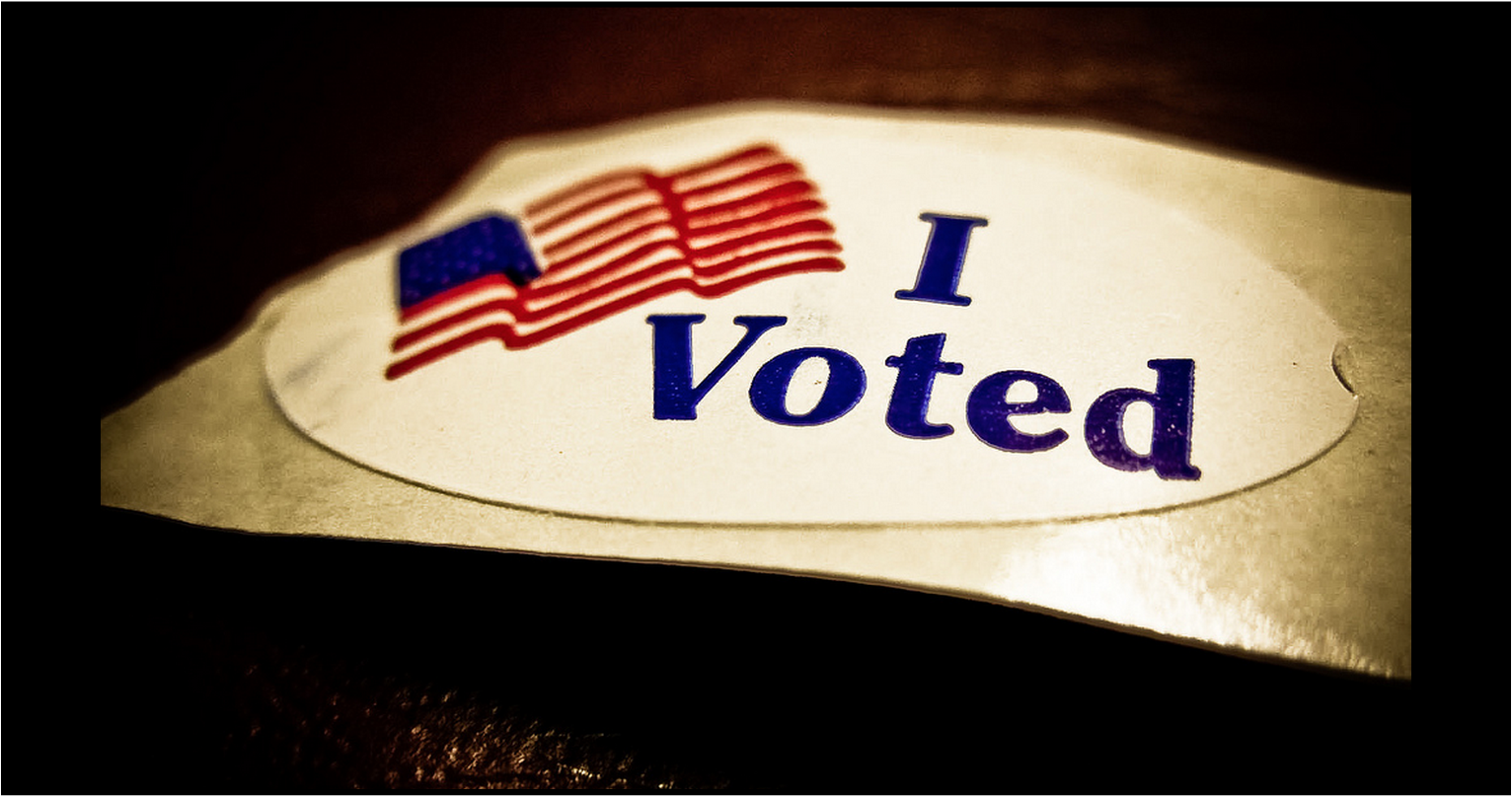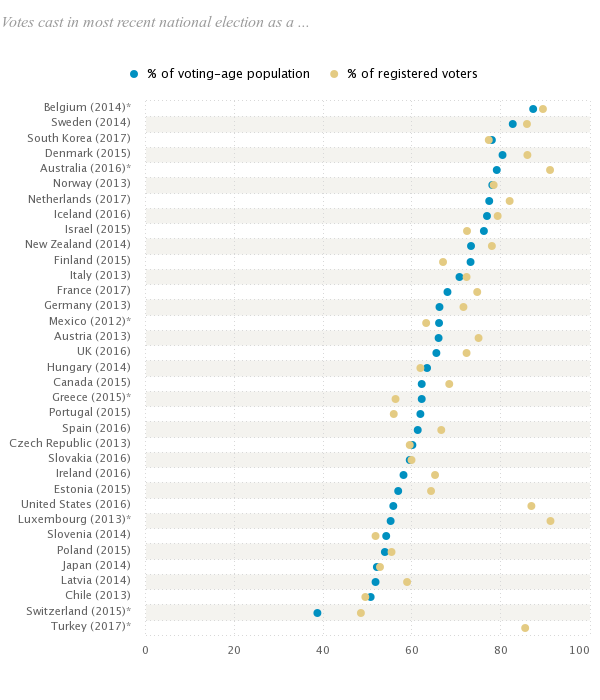People Are Outraged Over This Creepy Letter That Tried to Shame Their Voting Habits

By:
Some Los Angeles residents living in two key districts that were set to vote on hotly contested school board seats, received a creepy letter exposing their community's voting habits to each other on Tuesday, according to The Los Angeles Times.
 Flickr/Vox Efx
Flickr/Vox Efx
Some residents who received the mass-form mailer were uncomfortable with its contents (and said so on social media), which listed whether or not their neighbors, friends, and family (including themselves) had voted in several past elections. The mailer was sent by a group calling themselves California Voter Awareness Project, but it's unclear whether or not this organization exists, according to the Los Angeles Times.
It led with a question in all caps, which asked, "What if your friends, your neighbors, and your community knew whether or not you voted?"
The letter, which went to residents of Los Angeles Unified School Districts 4 or 6, also asked why voter turnout in Los Angeles is so low, but didn't provide a reasonable answer to the question. Instead, the letter seeks to mobilize voters by shaming them into doing it.
Keep in mind, this isn't a problem specific to Los Angeles. Voter participation in the U.S. is very low compared to most developed countries, according to a study by the Pew Research Center, showing just how far behind Americans are in practicing their civic duty.
 Pew Research Center - pewresearch.org
Pew Research Center - pewresearch.org
Maybe voter shaming works?
Some methods of voter shaming could actually work. A report by The Fresno Bee found that people in Oklahoma were more likely to vote after the state employed a public notice system that tells residents whether or not their friends and family voted.
"Encouraging voter participation helps increase turnout but inducing feelings of shame had a larger impact," the report said. "Similar results were shown by door-to-door canvassing, but social-pressure mailing were just as compelling and much more cost effective."
Social-pressure mailers have been used in Alaska, Colorado, Oklahoma and Oregon to increase turn out in tight elections, according to a report by USA Today. In Oregon in particular, there was even an app that allowed users to see if their Facebook friends had voted early in the election, according to the same report.
From the report:
"Getting nagged to vote by your social media friends 'is a far more welcoming contact than someone you don't know knocking on your door,' said Ben Unger, executive director of Our Oregon, the group behind the new app that is aimed at getting young people to vote in a state with a high-profile U.S. Senate and governor's race."
Is social media the new way to shame?
According to a report by The New York Times, scientists from Facebook and the University of California, San Diego, conducted a study that found "a special 'get out the vote' message, showing each user pictures of friends who said they had already voted, generated 340,000 additional votes nationwide," the report said.
After studying the social influence on political mobilization, the researchers found that people were more likely to vote if they saw posts on Facebook from other close friends who had already voted.
"The results show that the messages directly influenced political self-expression, information seeking and real-world voting behaviour of millions of people," the study said.
But there's a bigger problem here: Beyond voter apathy, there are other obstacles to voting in the United States.
The U.S. has a long history of voter restrictions and systemic voter suppression. Strict voter ID laws in some states still make it hard for people to vote, which feeds into the culture of apathy in those areas.
Even in 2017, outdated technology continues to hinder the voting process for a lot of Americans. There's also the fact that Election Day isn't a national holiday or on a weekend, like other countries.
But chief among these obstacles are the racially motivated voter ID laws that target minorities by making it harder for them to vote. A report by Ari Berman for The Nation, expertly breaks down how these laws attack America's Voting Rights Act.
"We’ll likely never know how many people were kept from the polls by restrictions like voter-ID laws, cuts to early voting, and barriers to voter registration," Berman wrote.
"Fourteen states had new voting restrictions in place for the first time in 2016—including crucial swing states like Wisconsin and Virginia—yet we heard nary a peep about it on Election Day except from outlets like The Nation. This was the biggest under-covered scandal of the 2016 campaign," he continued.
Recently, the Supreme Court stopped a North Carolina voter-ID law in its tracks by rejecting to hear the case all together, according to The New York Times.
“An ugly chapter in voter suppression is finally closing,” Dale Ho, director of the A.C.L.U.’s Voting Rights Project, told The New York Times on Monday.
